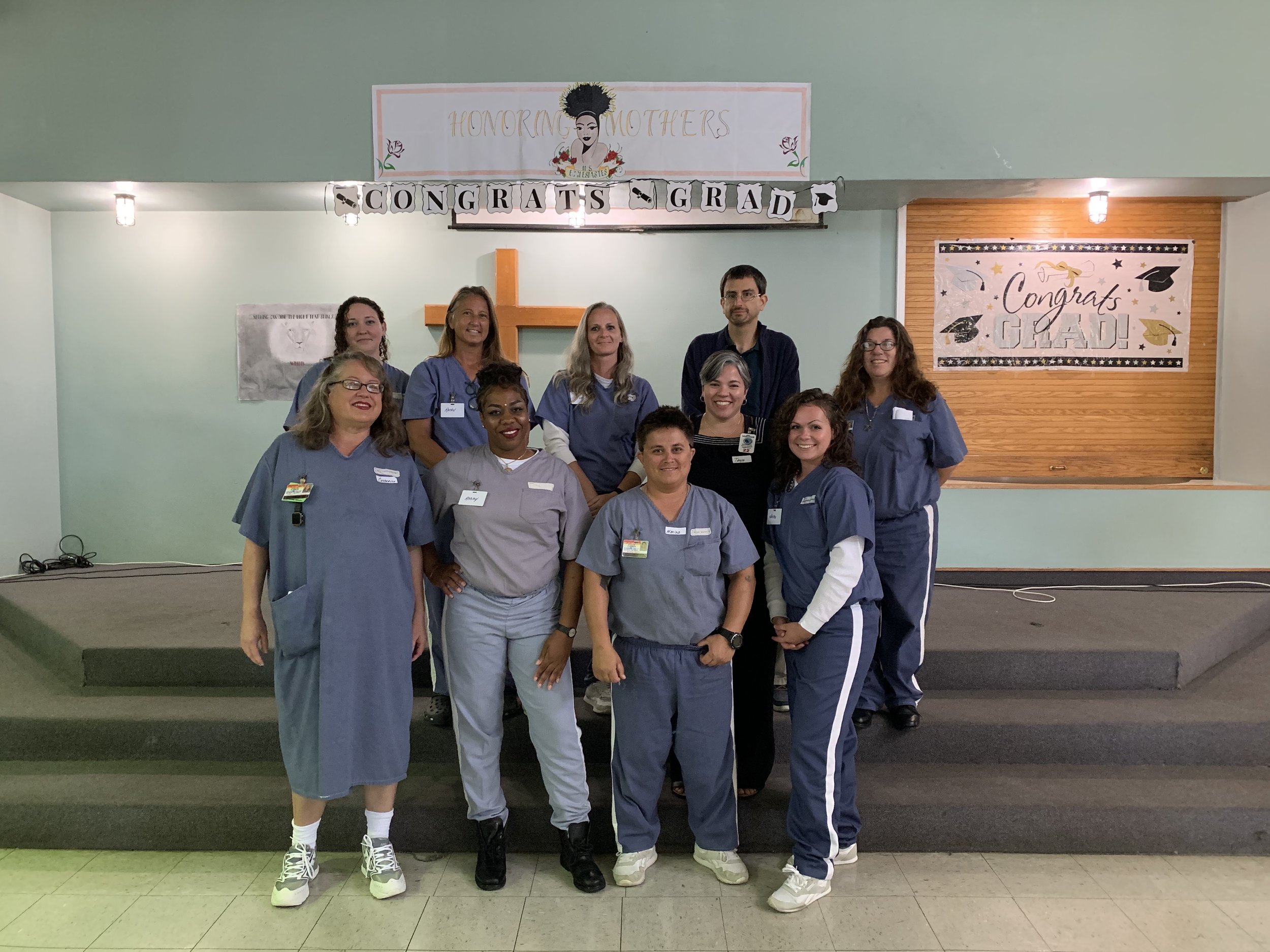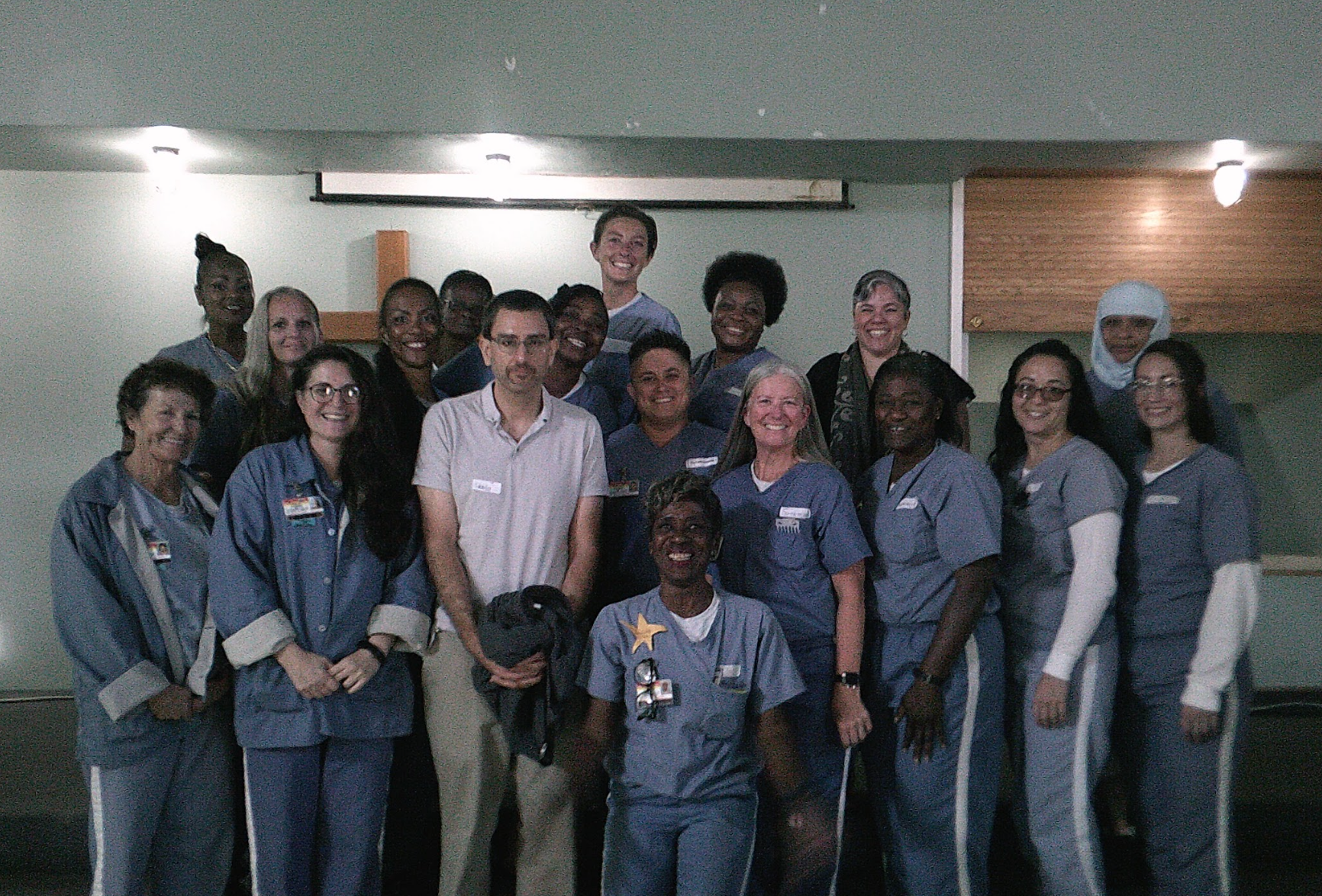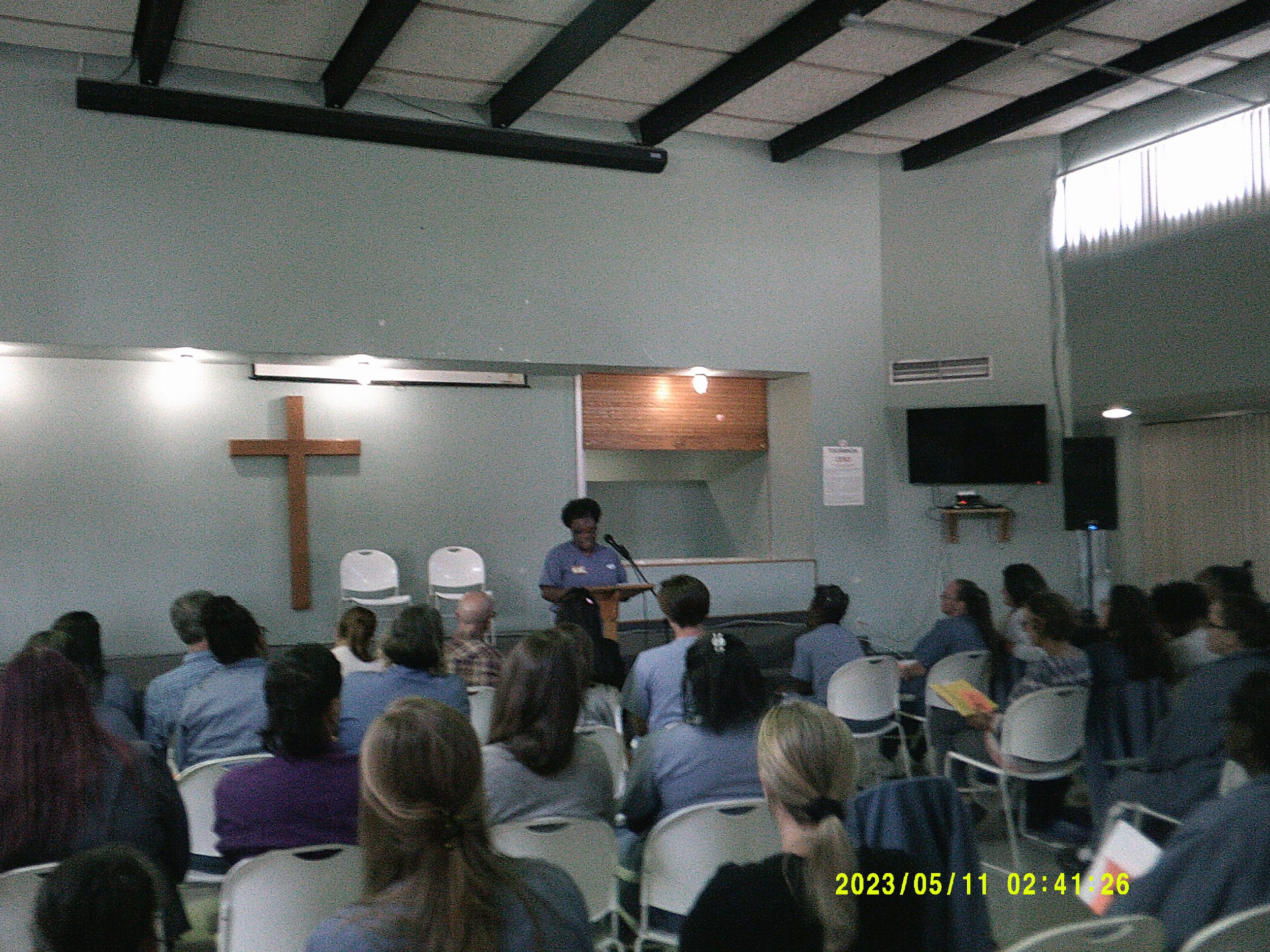Don't Shake the Spoon Volume 4 Editor Blog Paul Feigenbaum
Writing other Worlds into Imagination
The process of submitting, selecting, editing, and publishing pieces for Don’t Shake the Spoon Volume 4 took place over several months this past summer and early fall, with submissions coming from the previous Fall, Spring, and Summer E4C courses. As with previous volumes, our editorial expectation was that all submissions be previously workshopped in an E4C course. This way, DSTS reflects the best of what has been produced by E4C students in the past year.
This year’s call for submissions did not ask authors to respond to a particular theme, as we wanted selections to represent the full range of E4C courses, which in Fall 2022 and Spring 2023 included courses on restorative justice, mindfulness, poetry, gender-based violence, nonfiction, and trauma, among many others.
One of the more exciting parts of editing DSTS is the truly vast range of pieces that authors submit. Of course, recurring themes appear across the four volumes, and it is no surprise that many authors spotlight experiences in prison or the regret they feel for what led them there. But other works represent experiments in form and genre, and some focus on the playfulness of language itself. Honestly, the pieces that stick with me most are usually the ones farthest removed from prison life. One of my favorite selections from the previous volume, for instance, was Robert S. Powell’s eponymous “Words, Feeling Like Dr. Seuss.” True to its title, this poem builds, step by step, from one word to ten words and then, step by step, back to one word while simultaneously offering quips about the nature of creativity and writing. In the current volume, Panda does something similarly creative with the palindromic poems “A World View” and “Screaming in the Darkness.” More sobering than Seussian, Panda’s pieces present a stark vision of prison life, and then they immediately deconstruct this vision via a deft reordering of the words. Whereas Heriberto Rodriguez’s “The Universe: 4 Ways”—an homage to Anne Panning’s “Vietnam: 4 Ways”—uses four short stanzas to imagine: The birth of the universe, from the Big Bang to inflation to the emergence of nature’s four fundamental forces; the production of the elements that comprise our material world—and our bodies–-from the dust of stellar explosions; the whirlwind, spiraling creations of new stars and galaxies from gas, clouds, and dust; and the tensions between entropy and order that make complexity, and life itself, possible. Collectively, these pieces demonstrate the resilience of the human imagination and its capacity to transcend physical environments.
Then there is Catherine LaFleur’s piece “The Loss of Tender Things.” I urge you to read and re-read this piece, and anything else you can find and anything else you can find by this multiple-award winning author, who is also the 2023-2024 Luis Angel Hernandez Poet Laureate. LaFleur renders the daily indignities and violations of prison life in unflinching and deeply moving detail, as you will see in “The Loss of Tender Things.” But she can also transform degradation into uncanny, laugh-out-loud satire—a hybrid of Kafka and Monty Python—as in the previous volume’s “Cat Funeral.” I also want to highlight Volume 4’s leitmotif of restorative justice, which was the focus of the Spring 2023 class I co-taught with Tania Lopez at the Homestead (Women’s) Correctional Institution. This semester-long exploration of restorative justice was inspired by a letter exchange that had occurred the previous autumn between Tania’s inside and outside students. The inside students—most of whom had never heard of the concept–-wanted a deeper dive. So last spring, we read selections from books including Danielle Sered’s Until We Reckon, Howard Zehr’s Little Book of Restorative Justice, and Ted Wachtel’s Dreaming of a New Reality, considering how restorative circles might positively influence the environment of the compound. Through our discussions, we also imagined alternatives to mass incarceration in the United States. Multiple pieces in this volume center restoration in one form or another, including Cody Bruce’s “As backwards,” Alvatina Flucker’s “Restoration,” and Sylvia Kee’s “The Journey.”
Finally, I encourage you to imagine these pieces being read aloud, as many were performed at the Exchange for Change graduation ceremonies in December 2022 and May 2023. Some selections, perhaps most notably the spoken word poems, inspire an almost entirely different vibe when one feels the emotional intensity of the author’s cadence and rhythm.
Take, for instance, Marie Petit-Louis’s “Numbers.” One of the great surprises and joys of my time as an E4C instructor has been seeing Marie, up till then a fairly reserved student, reveal a bouncing-off-the-cinder-block voice when reading an early draft of this piece for our class; she had the whole room laughing and buzzing with energy. She pulled off an even more impressive feat at graduation, where she read the revised draft that is included here. This performance brought many audience members to their feet with extended, boisterous applause.






